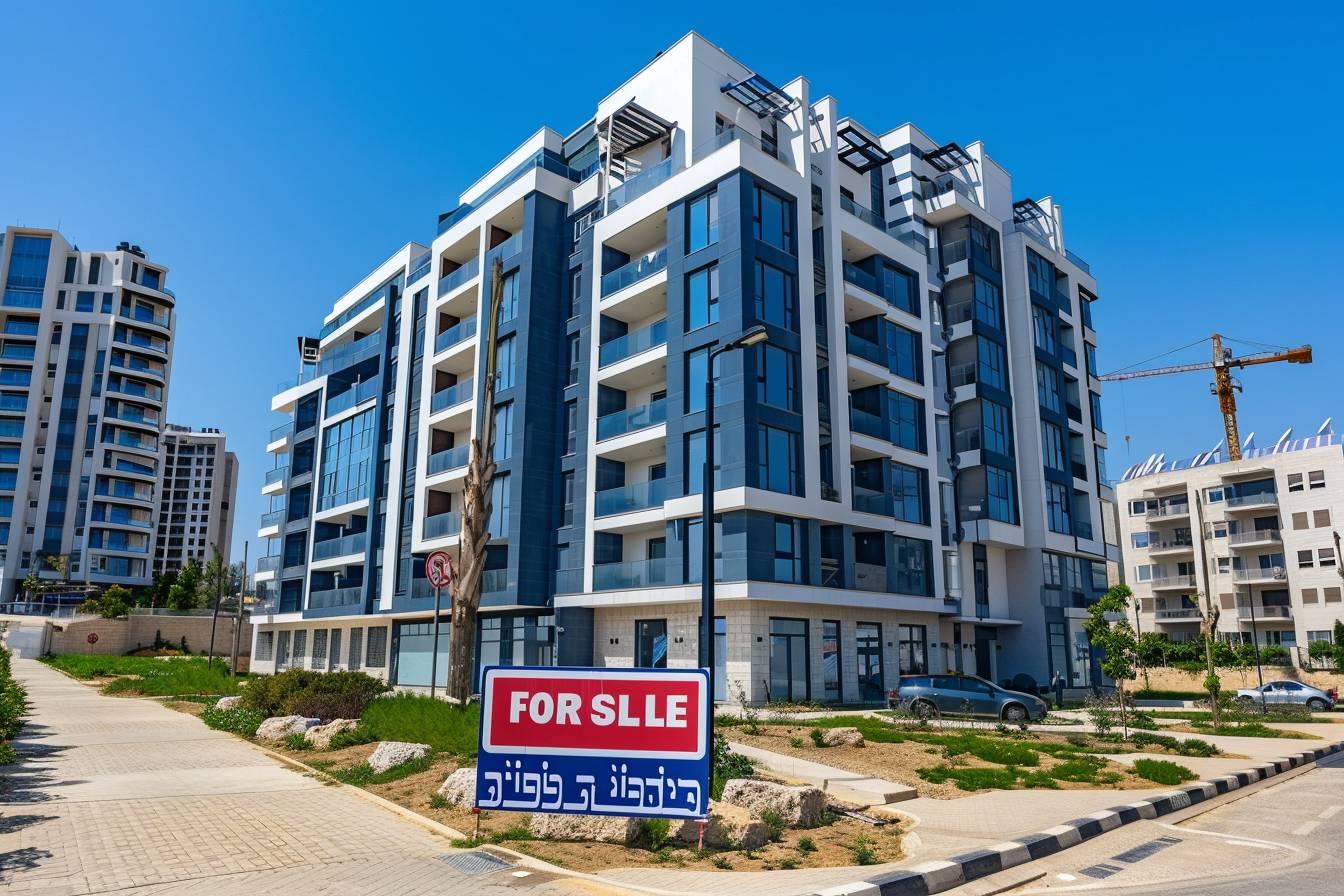As the specter of regional conflict wanes and economic concerns take center stage, the Israeli housing market is witnessing a significant shift. Prospective homebuyers, who had previously adopted a wait-and-see approach in hopes of more favorable conditions, are now returning with a sense of urgency.
Economic drivers: Why buyers are coming back

The price factor
The Israeli housing market has been notorious for its high property prices. With prospective buyers initially holding out for a drop, the sustained high levels have left many feeling it’s now or never.
- Continuous price increases over the past decade.
- Lack of substantial decreases despite economic fluctuations.
- Growing sentiment that prices will continue to rise.
Interest rates and financial conditions
Another crucial element pushing buyers back into the market is the anticipation around interest rates. Many had hoped for a dip, but it seems unlikely in the near future, compelling them to act now rather than risk higher rates.
- Expected increases in mortgage interest rates.
- Limited options for affordable financing solutions.
- Fear of missing out on current low-rate mortgage deals.
Market sentiments: Perspectives from real estate experts
Insights from developers
Amit Gotlib, a well-known real estate developer in Central Israel, shared his view that the buying resurgence is driven by necessity rather than opportunism. “We see buyers coming back to the market because they cannot wait any longer,” he said.
- Increasing inquiries and showings at newly developed properties.
- Positive outlook on sale rates in the upcoming quarters.
- Increased investor interest in under-construction projects.
Realtor viewpoints
Real estate agents report a noticeable uptick in client engagements. Their observations highlight how both new and seasoned buyers are adjusting strategies to secure homes amid growing competition.
- Higher foot traffic in open houses and property tours.
- Greater numbers of quick escrow closings.
- Balanced demand across different neighborhoods and property types.
Consumer behaviors: Buyer trends and patterns
First-time buyers
The segment of first-time buyers shows a particular eagerness. They’re navigating the complexities of loans and long-term commitments with renewed purpose, weighing their options between rental costs versus homeownership advantages.
- Increased participation in government-backed loan programs.
- Preference for suburban areas offering better affordability.
- Trend towards smaller, more sustainable housing options.
Repeat buyers and investors
Seasoned buyers and investors are also playing an instrumental role in this market revival. For many, diversifying property portfolios and capitalizing on rental markets appear to be pivotal reasons behind their decisions.
- Focus on acquiring properties with high rental yield potential.
- Gaining properties in rapidly developing urban zones.
- Enhanced interest in mixed-use developments combining commercial and residential facilities.
Geographic hotspots: Key regions across Israel
Jerusalem
The capital city continues to be a magnet for buyers due to its historical significance and ongoing development projects.
- High demand for luxury and mid-range apartments.
- Sustained investment in urban renewal initiatives.
- Proximity to key cultural and political landmarks.
Tel Aviv
Known for its vibrant lifestyle and tech industry, Tel Aviv remains a preferred choice for young professionals and international buyers alike.
- Rising demand for high-end condominiums and lofts.
- Boost in green building projects emphasizing sustainability.
- Strong rental market supported by expatriates and tourists.
Haifa
Another focal area, Haifa, boasts picturesque settings and expanding industrial sectors, making it an attractive option for families and working professionals.
- Affordable housing compared to more metropolitan counterparts.
- Growth in academic and research-driven communities.
- Diverse housing choices ranging from modern flats to traditional homes.
The future outlook: Market predictions and potential risks
Predicted trends
While analysts agree on a buoyant short-term forecast, they caution that external factors such as geopolitical risks and economic policies could swing outcomes unpredictably.
- Continued emphasis on affordable housing initiatives.
- Increased reliance on technology to streamline buying processes.
- Enhanced resilience against economic downturns through state interventions.
Possible risks
Despite positive momentum, the Israeli housing market faces several latent challenges, including supply shortages and shifting regulatory frameworks.
- Potential inflationary pressures affecting overall cost of living.
- Uncertainties surrounding long term political stability in the region.
- Risk of oversupply in certain luxury housing segments.



